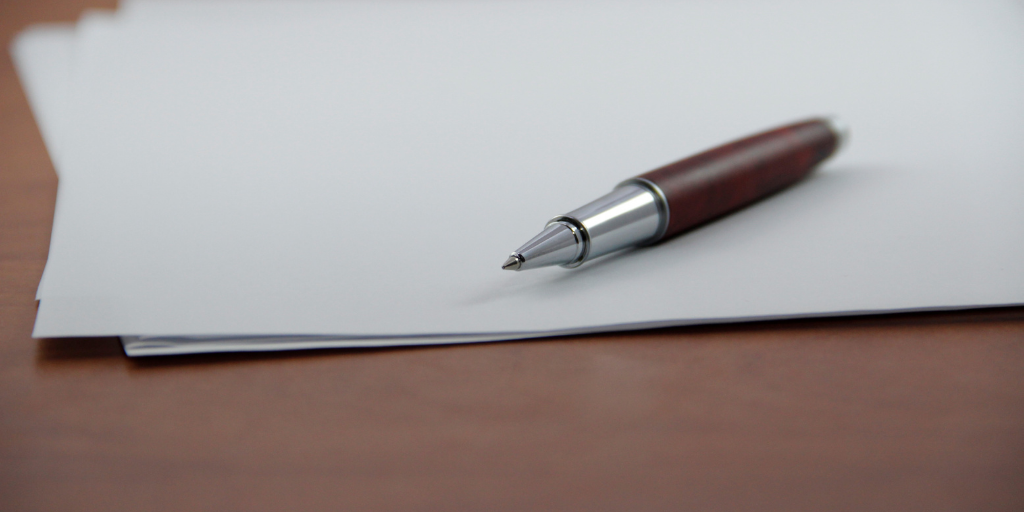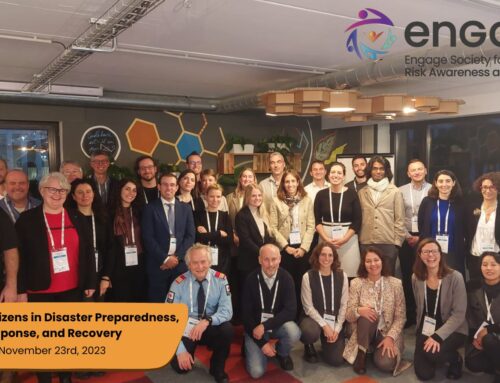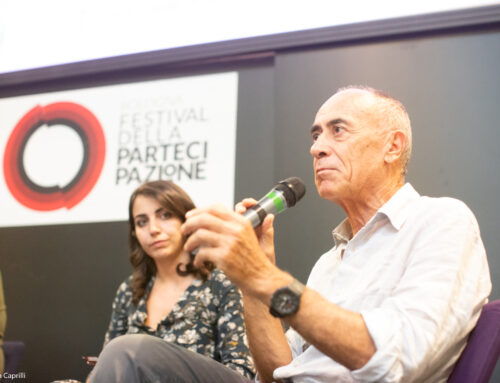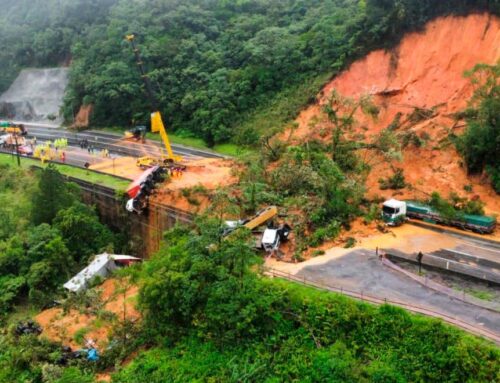Conducting an interview with survivors, victims or volunteers will have to take extra precautions to not contribute to psychological harm for the interviewee. Here is what we do in ENGAGE to protect the best interests of those providing invaluable real-life experiences to the project.
The background
In ENGAGE’s WP1, one of our tasks was to conduct interviews with the spontaneous volunteers that helped rescue a large number of victims during the 2011 terror attacks at Utøya in Norway. While the response from the police was delayed due to misunderstandings and the ambulances were obliged to wait for the police to declare the area safe enough for entrance, ordinary people were already involved in an improvised rescue operation. Several of those who merely happened to find themselves in the vicinity of the disaster, rushed to their boats to pick up wounded and desperate kids trying to swim to shore. Onshore, the guests of a nearby campsite took care of the kids while waiting for professional help to arrive.
The challenge
For a project aiming to understand societal resilience, it is of great value to gain insight into what goes on in the minds of individuals in the seconds they decide to put themselves at great risk to save others. The big question is – how do we do this form of data collection? This is lightyears away from your average interview. The interview will take people back to what is probably the worst day of their lives, potentially reviving traumas in the process. How can we gain this important knowledge while at the same time maintaining the interests of our informants?
The precautionary measures
Needless to say, we approach this task with the utmost care and respect. The first decision we made, was that such interviews are not something to be done digitally, they should be made in person at a place where the informant can feel both safe and at home. Therefore, the interviews have yet to be conducted due to the COVID situation but will be done within the spring of 2022. On the upside, the delay provided additional time for preparation. Here is what we do to make sure that we take good care of the people providing invaluable real-life experiences about spontaneous volunteering in the disaster:
- We expanded our dialogue with the Norwegian Centre for Research Data (NSD) to have an extra set of competent eyes on research ethics, as well as experience from projects carried out in the past.
- We engaged in meetings with the national support group for victims and next of kin from the disaster. This was an important source of learning, not only on how to do the data collection could be carried out in the most tactful manner but also to prepare us for speaking with people with first-hand experience with the disaster.
- All interviewers obliged to complete special training for this kind of interviews
- The description of interview topics given to the informant beforehand is more elaborated than what is normally required, to enable informants’ ability to make an informed consent
- Agreement with a trauma psychologist to be available for the informants after the interviews. We considered this to be the most important arrangement to make sure that the informants can access professional competence to help process any reactions set off by reactivating memories from the terror attacks. In addition, we will inform participants about the specific support systems available to them, such as those through the Support group after the 22nd of July.
- Debrief among the interviewers to process our own reactions.
What are our reflections?
It is a demanding and scary task to be the ones stirring up memories about the 22nd of July terror attacks among people who were present on the site. It is demanding in terms of the requirements for preparation. It is scary in terms of the potential for an interview situation becoming a situation outside the boundaries of our competence as researchers, where an informant may experience a need for therapeutical assistance which we are not able to give.
The preparation for the Utøya interviews was a reminder of the very concrete and hands-on nature of research ethics. We are not only dealing with information and data when researching societal resilience, but we are also dealing with people, and it is our responsibility to maintain their interests at all times in the research process.
Authors: Stian Antonsen, Jannicke Fiskvik, Siri Marianne Holen





